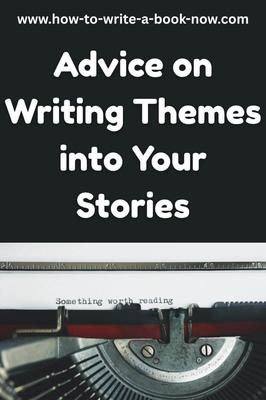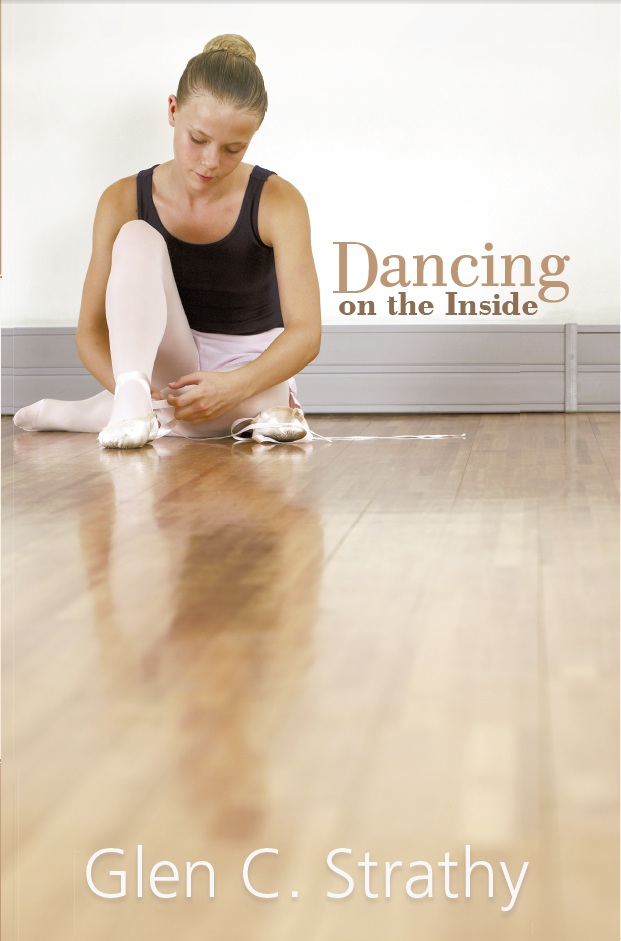Understanding Dramatica Theory
by Seth
(Simi Valley, CA)
Hi!
I'm having a difficult time wrapping my head around the concept of an impact character, and am wondering how interpretive it is.
For example, I just read your excellent analysis of how Voldemort should be considered Harry's impact character, and why Dumbledore really isn't. But then you referenced Star Wars, and said that Obi-Wan was Luke's impact character. However, in my mind, Vader is Luke's impact character: he literally represents the opposite choice of behavior and morality than Luke's, directly solicits him to think about the world from that perspective ("Join me, and together we'll rule the Universe as Father and Son..." or "You don't understand the power of the Dark Side.") Further, Luke remains the steadfast character, and therefore Vader changes (he chucks the Emperor down a chute and saves his son).
Unless you're saying that Obi-Wan is the impact character in "A New Hope" but that perhaps Vader is the impact character across the entire story arc.
Don't misunderstand: I'm not arguing with you! It's that I'm finding this a slippery concept, and if I can't understand it with stories I believe I know well (e.g., Harry Potter, Star Wars), I really won't know how to use it as a framework for my own writing!
So: like my 9th grade English class =) is this up for interpretation? Or is there always a "correct" answer? Is anybody reading my story (ha! myself included!) supposed to be able to identify the impact character clearly, or is it possible to perceive different interpretations for who the impact character might be?
Thank you for your thoughts and clarifications!
Answer: I'm afraid I do write Star Wars sometimes when I should write Star Wars: A New Hope.
However, to answer your question, the key is to keep in mind whether the main character is a "change" or a "steadfast" character.
In A New Hope, Luke is a change character. Luke starts out as someone with ambition, but has never been able to test himself. So he is rather insecure and unable to stand up to his uncle. Throughout the story, Obi wan is the impact character who teaches Luke to have confidence in himself and the Force. Luke's decision to change is seen when he turns off his targeting computer and trusts the force to tell him when to fire on the Death Star.
The reason it gets more confusing with series is that some series, such as Harry Potter and Star Wars can be seen as one story that spans several books or films. This overarching plot revolves around a story goal such as vengeance that is only resolved in the last installment. However, at the same time, each installment (apart from the last one) often has its own story with a separate story goal, thus making each installment satisfying as a standalone work. (Well, we could argue about how satisfying The Empire Strikes Back is.)
You ask if anyone reading your story will be able to identify the impact character. Truth is, good story structure is largely invisible to most readers. It's like a skeleton that remains hidden under the skin. This is why few people recognize the strong similarities between Harry Potter and Star Wars. However, if the structure weren't there, the story would collapse.
The average reader may recognize that there is a special relationship between the main character and the impact character, but until Dramatica came along, there was little understanding of how that relationship worked -- little recognition of how it functions to create inner conflict for the main character.
From a writer's perspective, impact characters are very important because the inner conflict they create adds considerably to the emotional impact of a story. Most writers know that adding inner conflict makes for a more powerful story, but not so many understand the impact character's role in this.
Finally, is there room for interpretation? Yes indeed. Stories are complex, and it often takes some thought to analyze the elements. Some stories are better structured than others, and everyone has their own perspective. At times I disagree with the analyses posted by the Dramatica Users Group (though often I find them very helpful). For instance, my take on the film Frozen (https://www.how-to-write-a-book-now.com/frozen.html) is different than that of several other Dramatica experts.
Comments for Understanding Dramatica Theory
|
||
|
||
|
||
|
||
|
||
|
||
- Home
- Writing Questions
- Understanding Dramatica Theory















